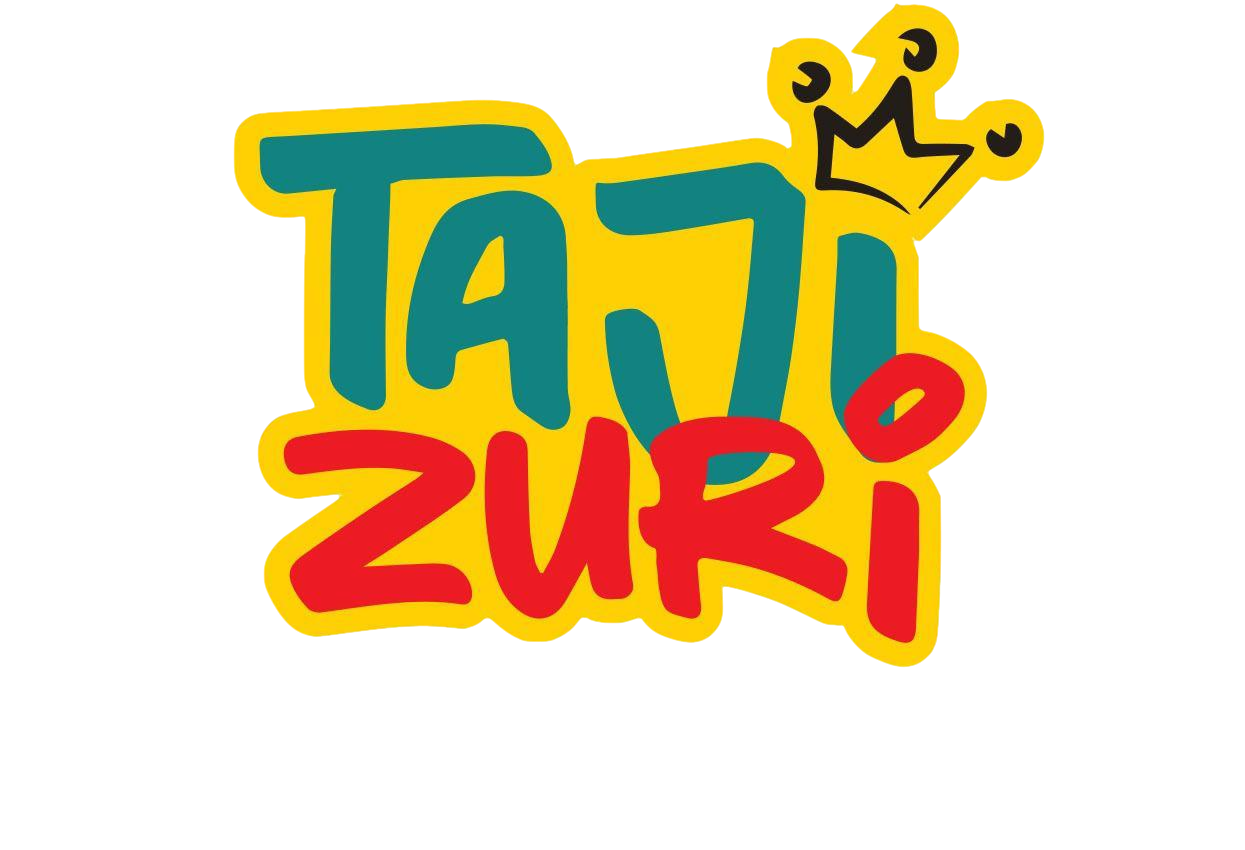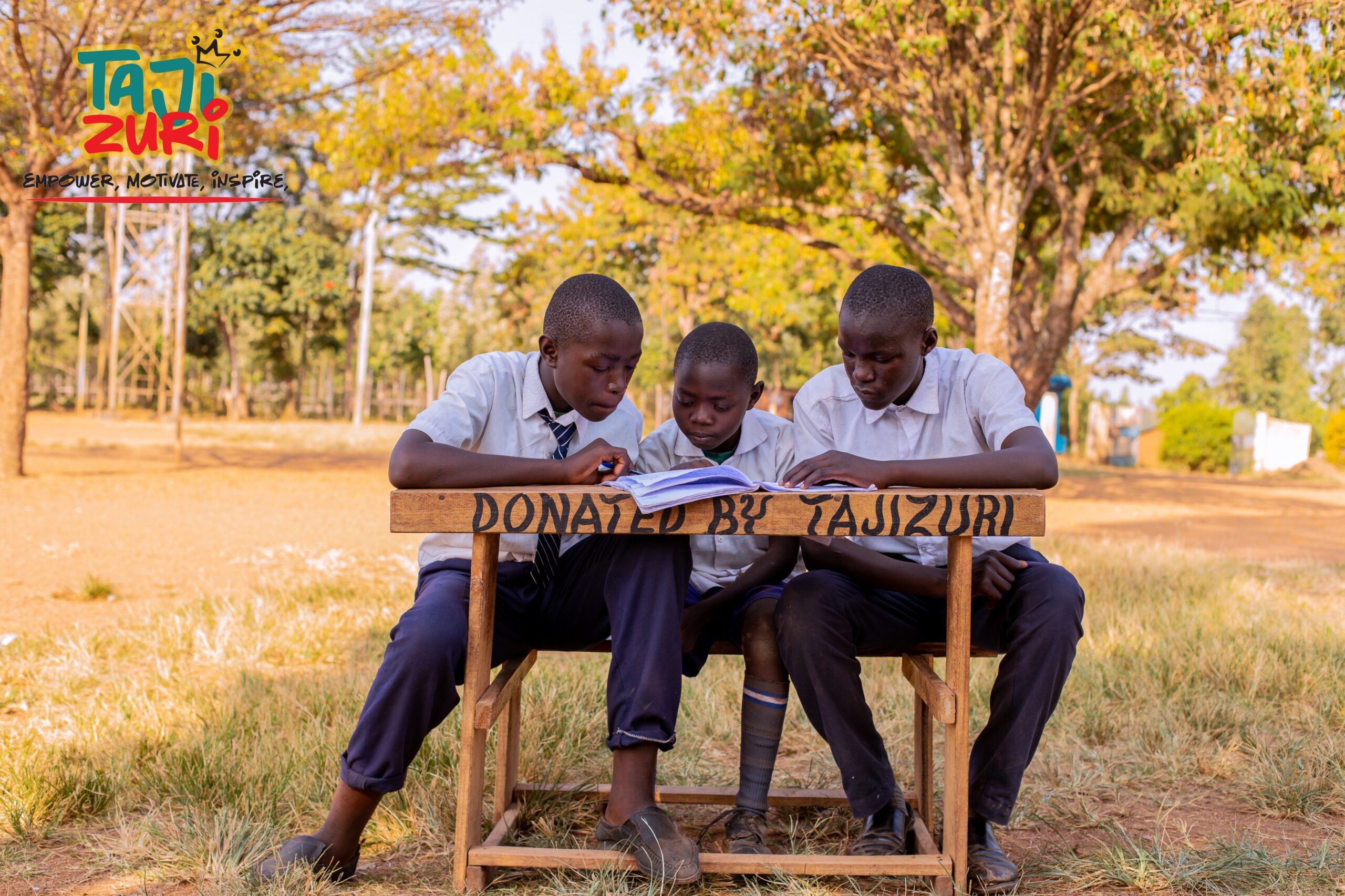Background
Access to books is a key determinant of education literacy and personal growth. When individuals have easy access to diverse reading materials, they develop stronger language skills, critical thinking and a lifelong interest in learning. Limited access to books due to cost, availability, or censorship, can hinder intellectual development and social mobility. Libraries, digital platforms, and community programs play a crucial role in bridging this gap. Ensuring equitable access to books empowers individuals, promotes knowledge sharing and fosters a more informed and inclusive society.
Global Perspective.
Globally, access to books is widely recognized as a fundamental factor in improving literacy rates and overall education outcomes. Organizations such as UNESCO and the World Bank emphasize the importance of books in achieving Sustainable Development Goal 4 (Quality Education). Research shows that children with access to books at home and in schools perform better academically, with literacy serving as the foundation for further learning. However, disparities exist between developed and developing nations, with resource-poor regions facing significant challenges in book distribution.
Regionally.
Across Africa, disparities in book access contribute to uneven education outcomes. While urban areas may have better access to textbooks and libraries, rural schools often lack sufficient learning materials. The African Library Project and Room to Read Africa are examples of initiatives working to improve book distribution across the continent.
Nationally. (KENYA)
In Kenya, access to books is a major determinant of academic success, with studies showing that schools with well-equipped libraries perform better in national exams. The government has implemented policies such as the Free Primary Education (FPE) and Competency-Based Curriculum (CBC) to improve learning resources.
County (Homabay County)
Homabay County, like many rural areas in Kenya, faces significant challenges in book access. Schools often lack well-stocked libraries, and students rely on a limited number of textbooks. Poor infrastructure further limits book distribution in remote areas.
How access to books is a Key Determinant to Educational Success
Access to books play a crucial role in educational success because it directly impacts literacy and development, cognitive skills and academic achievement. Books are a key determinant as they:
- Create a foundation for literacy and learning.
Books expose children to language, vocabulary, and concept that are essential for reading and comprehension. Early and consistent access to books helps develop critical thinking, problem-solving, and creativity.
- Help in improving academic performance and knowledge expansion.
Students with access to books perform better in school as they can explore subjects in-depth, reinforce classroom learning, and develop a habit of independent study. Research shows that students in book-rich environment score higher on literacy and numeracy assessment.
- Bridging socioeconomic gaps
For children from low-income families, access to books can help bridge education disparities. School and community libraries, mobile libraries, and book donation programs play a key role in ensuring equity in education. Books provide knowledge, improve literacy, and enhance critical thinking skills. In regions with adequate access to books, students develop strong reading and comprehension abilities, which are fundamental for academic achievement.
Limited access to books can hinder learning because students who lack books or reading materials struggle with self-study and depend entirely on teachers thus limiting their academic growth. Inadequate book access contributes to poor educational outcomes and limits future opportunities. Conversely, access to books whether in school libraries, or digital platforms empowers students to explore new ideas, conduct research and improve their creativity.
How TajiZuri promotes Education in the Community
TajiZuri a non-profit organization, has been dedicated to enhancing educational outcomes by establishing a community library to increase access to books. This library serves as a hub for knowledge to students, teachers, and community members by providing:
- A wide range of books: Covering academic subjects, general knowledge, and storybooks to encourage a reading culture. The establishment of community library has significantly improved access to books, directly influencing students’ academic success in Homabay county.
- Study space and Tutoring programs: Creating an environment conducive to learning, with support from educators and mentors.
- Literacy and reading clubs: Organizing activities to motivate children and improve literacy skills. Students will have more reading materials to practice and enhance their literacy skills.
- Equal opportunities for students: Regardless of economic background, all children will have access to quality learning resources.
- An increase in Community Engagement: The library will save as a learning center for students, parents, and educators, fostering a culture of lifelong learning.
- Flexible hours to learning: with extended hours and local proximity, it becomes a valuable resource for students to enhance their learning, develop literacy skills and foster a lifelong culture of reading.
By providing a space filled with educational resources, TajiZuri addresses local gaps in access to learning materials, especially in underserved areas. This initiative not only offers students the opportunity to improve literacy and academic performance but also fosters a culture of reading and self-directed learning.
In future, TajiZuri will continue to expand its impact by offering a wider range of books, digital resources, and community programs that will ensure learners have the tools they need to succeed. The library will be a hub for knowledge, skill development, and empowerment, ultimately contributing to long-term success and education advancement of future generations.
CONCLUSION
Access to books is crucial for educational success, as it enhances literacy, fosters critical thinking, and supports academic growth. It provides learners with resources to learn, explore, and develop skills, ultimately promoting equality, empowering individuals and contributing to long-term educational achievement and personal success.
Article written by:
EUGINE OTIENO ADEMBA
Librarian




